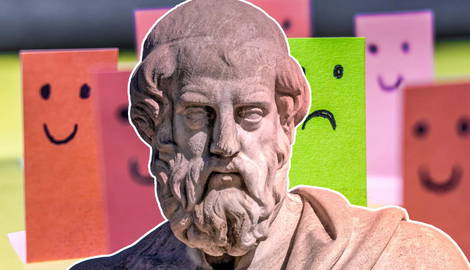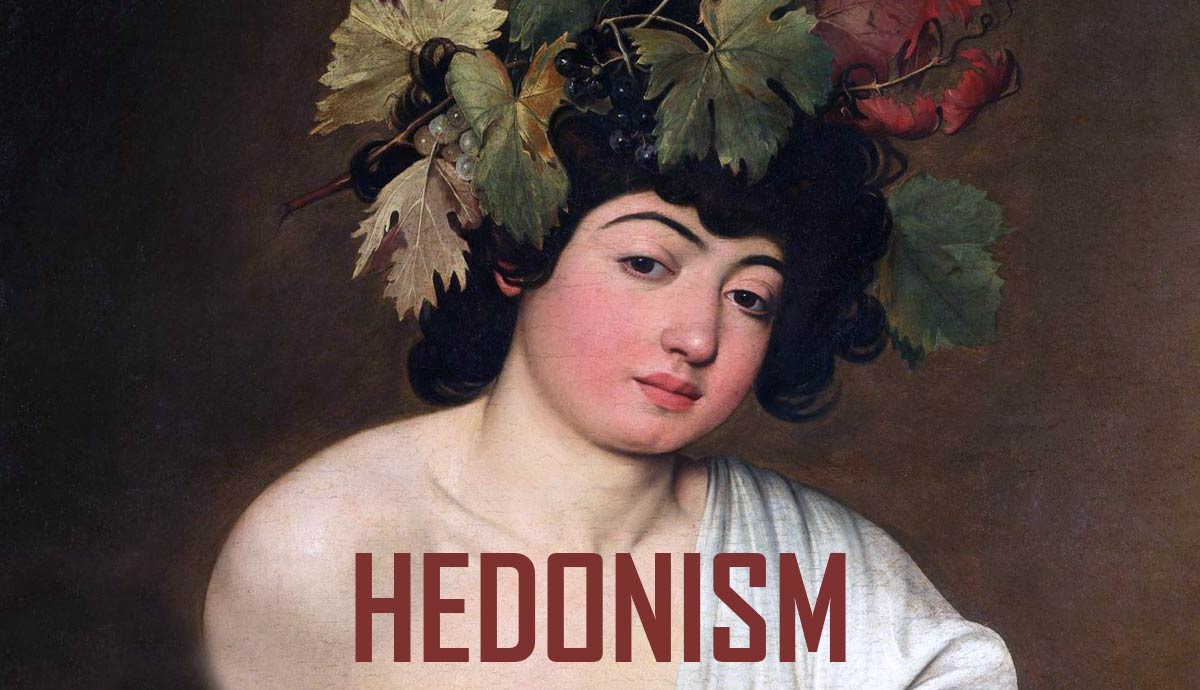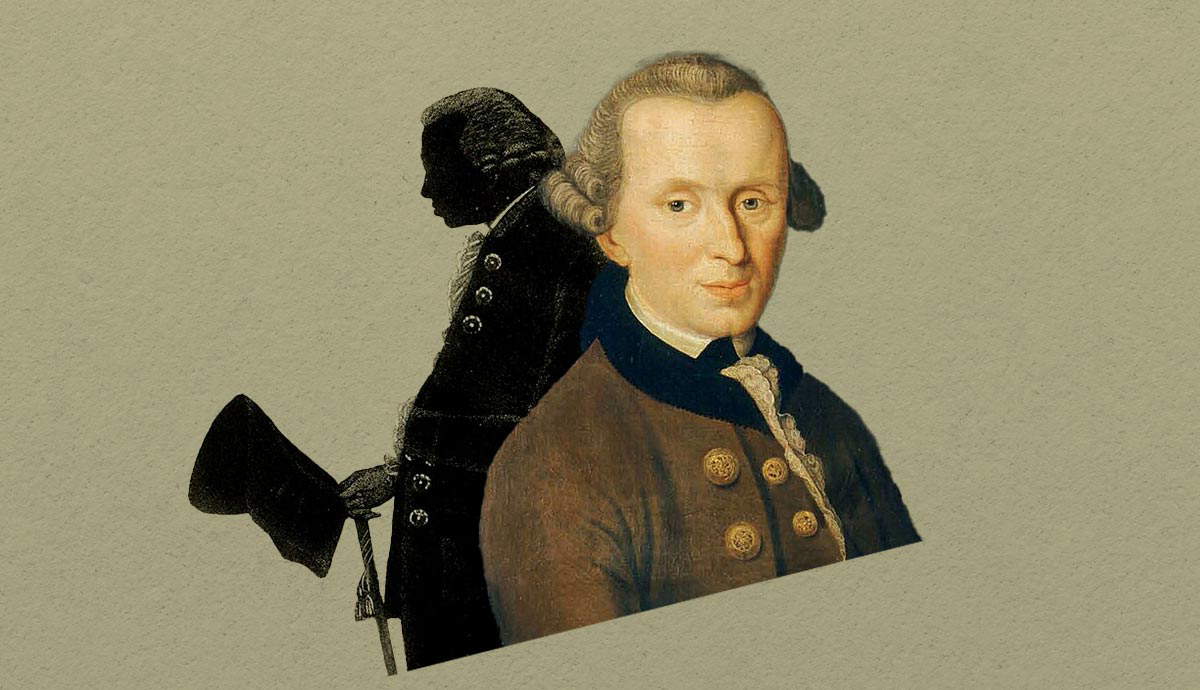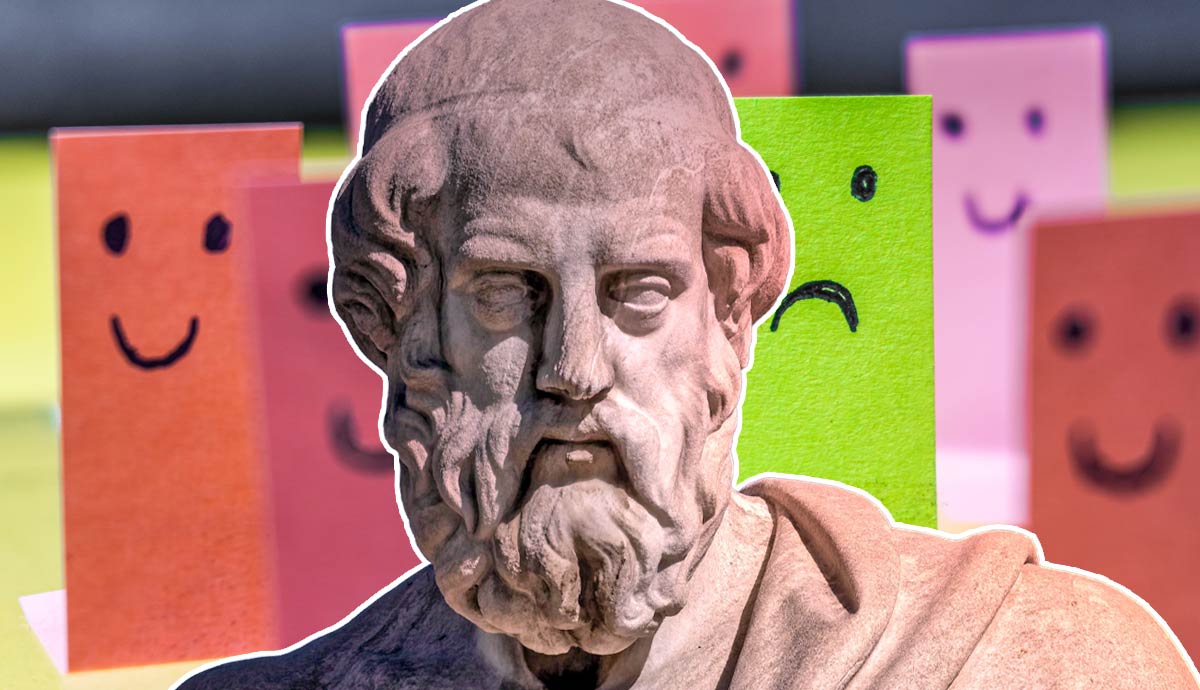
A token of wisdom from Ancient Greek philosophy has echoed for centuries across books, classrooms, speeches, and even self-help content. Yet despite its fame, this canonical quote is often misunderstood, decontextualized, and oversimplified. Of course, we are talking about Plato’s most famous declaration from Apology: “The unexamined life is not worth living”. In what follows, we will debunk some of the most common misconceptions about this quote and explore what it actually means.
The Misuse of Plato’s Quote in Pop Culture

In pop culture, Plato’s quote is often misused as a call for self-awareness and self-discovery, stripping it from its original meaning and context. “The unexamined life is not worth living” has been popularly rebranded as a motivational quote, urging people to find what they want to do in life, cultivate psychological awareness, or set career goals.
Werner Erhard, for example, employed the quote to promote his self-help business: “Personal development goes all the way back to the beginning when Plato said the unexamined life is not worth living” (Erhard, 2013). In his lecture, he interpreted the quote as a call for authenticity and an invitation to be honest with oneself. Life coaches and motivational speakers have turned “examination” into a buzzword for personal development. As a result, Plato’s canonical dictum became a catch phrase for self-help and self-improvement. Needless to say, this interpretation, albeit popular, is far from the original meaning that Plato intended.
Plato’s Quote Decontextualized

Plato’s famous quote, “the unexamined life is not worth living”, has been widely used without sufficient contextual background. As a result, many consider the quote a vague and hyperbolic endorsement of self-awareness and introspection. Unfortunately, the real weight and philosophical import of Plato’s dictum cannot be grasped without situating it in its rightful textual context. “The unexamined life is not worth living” is a quote from Plato’s Apology.
The dialogue depicts the trial of Socrates, whose philosophical discussions subjected him to charges of impiety and the corruption of Athenian youth. Although he was sentenced to death, Socrates had the opportunity to live in exile instead, provided that he would stop practicing philosophy and pay a monetary fine. Socrates chose death over living a life devoid of philosophy, where he wouldn’t be able to examine himself and others. While explaining his choice, Socrates said, “The unexamined life is not worth living”.
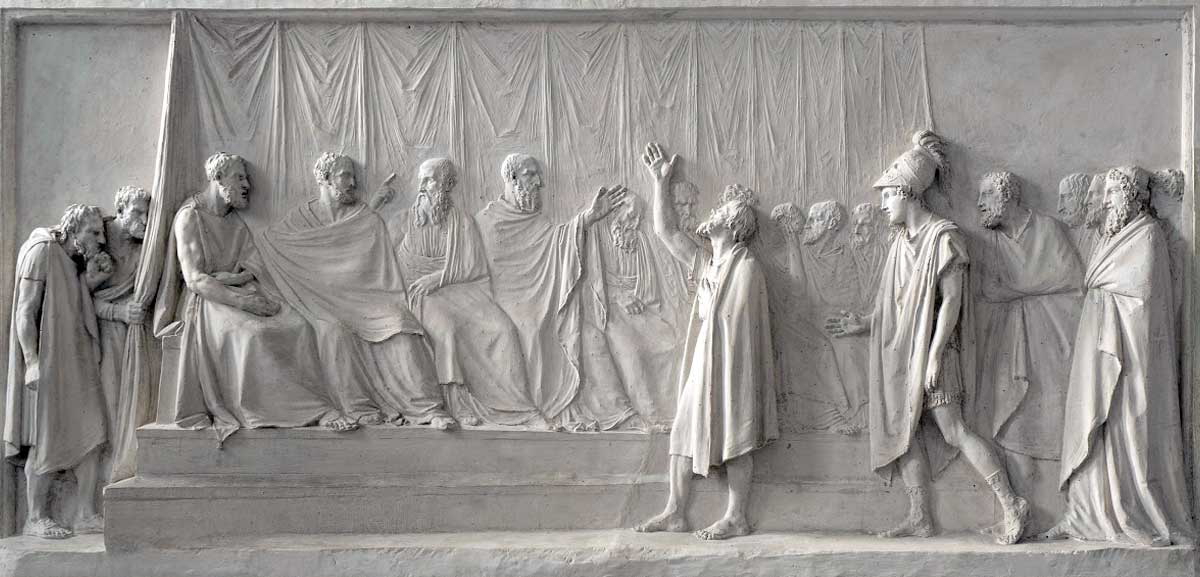
There are several things that we can learn from the context of this quote. Firstly, Socrates’ declaration was not a motivational statement, but a radical moral stance in the face of injustice. Secondly, the assertion was Socrates’ defense for choosing a death sentence over exile. This shows us that the quote is not a hyperbole, for Socrates actually chose death over a life without examination. Thirdly, what Socrates means by ‘examination’ is necessarily related to the practice of philosophy, on the grounds of which he was charged, and not to our modern understanding of self-awareness, self-development, or introspection.
What Plato Actually Meant by the “Unexamined Life”
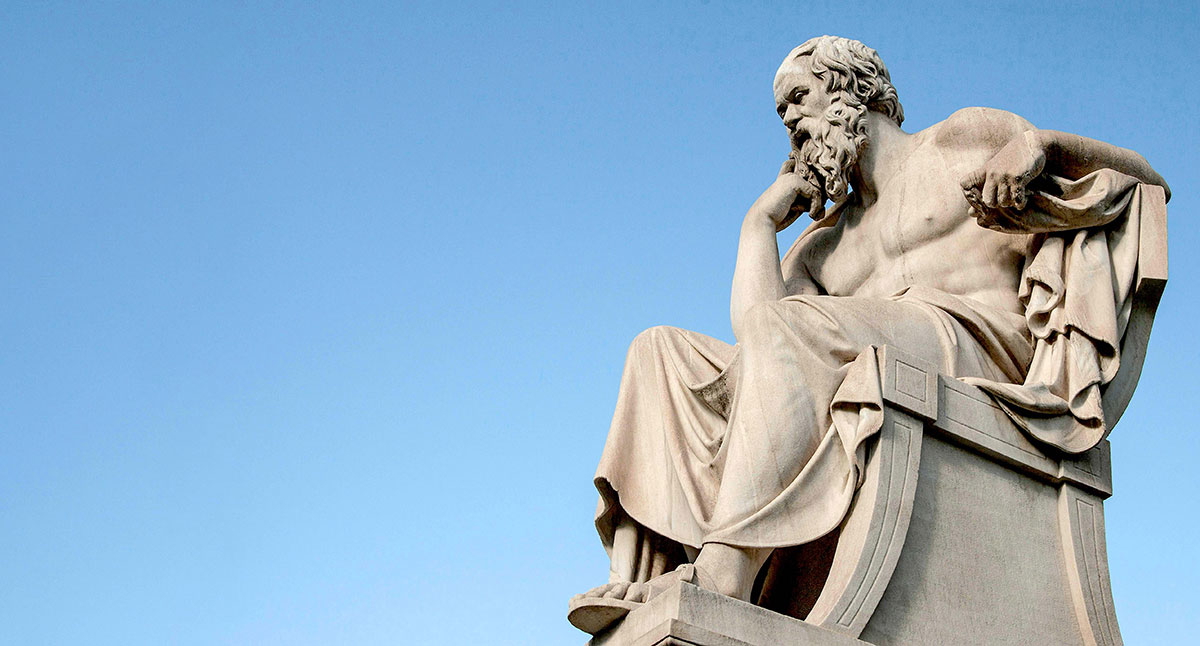
According to Plato, the “unexamined life” is a life devoid of critical reflection and philosophical investigation. An examined life is one actively engaged in the continuous probing of one’s beliefs, values, and assumptions. In this sense, examination is a form of self-knowledge, but one that is aimed at the attainment of wisdom and virtue through continuously questioning what we hold to be true.
That being said, what Plato means by ‘examining one’s life’ is not the same as introspection, which is another common misconception. We tend to consider self-knowledge and critical thinking as isolated introspective activities. For Plato, however, self-knowledge is not possible without the mirror of the other. Only through conversing with others can we unearth what we take for granted to be true and challenge ourselves to a deeper understanding.

Throughout his life, Socrates spent his time questioning and challenging others about their beliefs in pursuit of wisdom and virtue. What Plato means by ‘examination’ is, essentially, the Socratic method. To live an ‘examined life’ is to be critically engaged with life itself, rather than a passive conformer to conventional thoughts and beliefs. Socrates didn’t find value in status, reputation, or wealth.
According to him, the greatest good in life is to investigate, through philosophical discussions, the true nature of virtue and lead a virtuous life. To examine one’s life is a fundamentally ethical pursuit. It not only involves investigating what constitutes justice, virtue, and goodness, but also involves the necessary moral striving to live according to their dictates.
